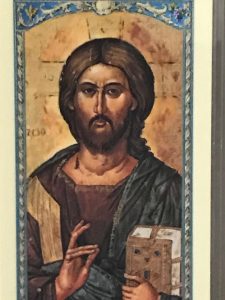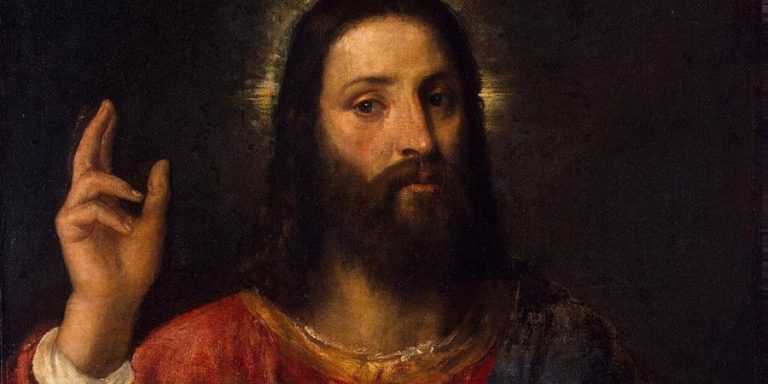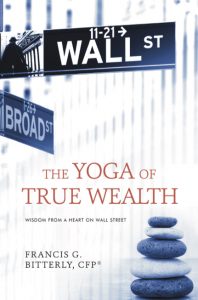I shall give you what no eye has seen, and what no ear has heard, and what no hand has touched, and what has never occurred to the human mind.To those with “ears to hear” Jesus described a way to become like him, to become as he is. Not after death, but now, in this lifetime. He who will drink from my mouth will become like me, and I myself shall become he, and the things that are hidden shall be revealed to him. (Bart Marshal, Christ Sutra)
Jesus said: Very truly I tell you, unless a kernel of wheat falls to the ground and dies, it remains only a single seed. But if it dies, it produces many seeds. Anyone who loves their life will lose it, while anyone who hates their life in this world will keep it for eternal life. Whoever serves me must follow me; and where I am, my servant also will be. My Father will honor the one who serves me. (John 12.24-25).
‘Whosoever shall seek to save his life shall lose it; and whosoever shall lose his life shall preserve it’ (Luke 17.33).
Jesus uses the metaphor of the grain of wheat to illustrate the importance of ego death in the pursuit of salvation and entering the Kingdom of Heaven. He is suggesting that one must first allow their current ideas of being an individual Ego and other illusions about the world to die and be shed, before they can be reborn into the Truth of what they really are, spirit consciousness of the one divine source.
Michael James puts it this way :
“That is, in order to rediscover our true and eternal life as the spirit, we must lose our false and transient life as an individual. If we seek to preserve our false individuality, we shall in effect be losing our real spirit. This is the price we have to pay to live as an individual in this world. Therefore, whatever we may gain or achieve in this world, we do so at the cost of losing our real self, the state of perfection and wholeness (which in this context is what Christ means by the term our ‘own soul’). In exchange for regaining our original and perfect state of wholeness, we have only to give up our individuality and all that goes with it. Which is truly profitable, to lose the whole and gain merely a part, or to give up a mere part in exchange for the whole? In order to give up or lose our individuality, as Christ had done, he says that we must follow him by denying ourself and taking up our cross. To deny ourself means to refrain from rising as an individual separate from God, who is the whole – the ‘fullness of being’ or totality of all that is”.1 Source : Michael James
1 Michael James- ” Happiness and the Art of Being”: An introduction to the philosophy and practice of the spiritual teachings of Bhagavan Sri Ramana (p. 22).



